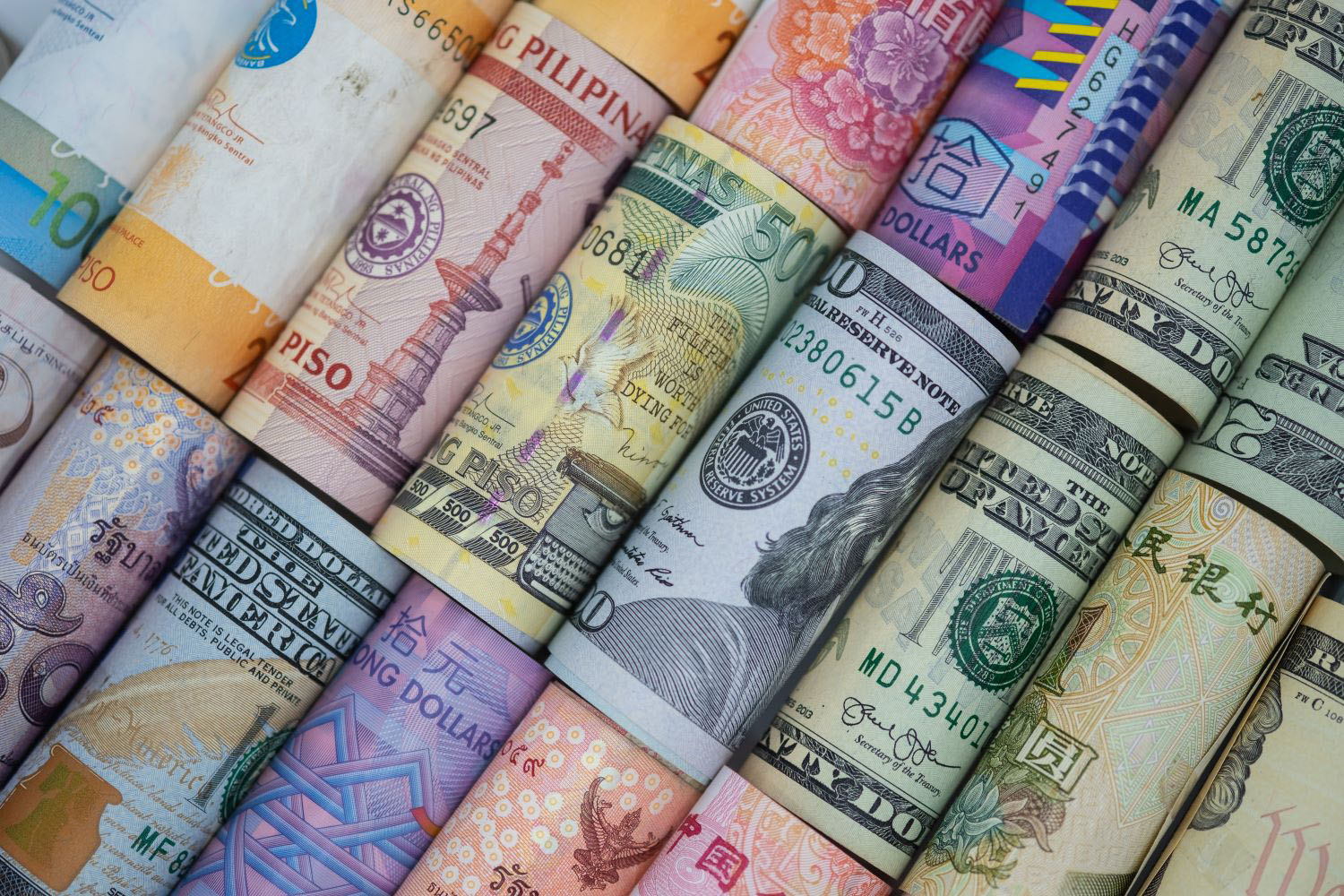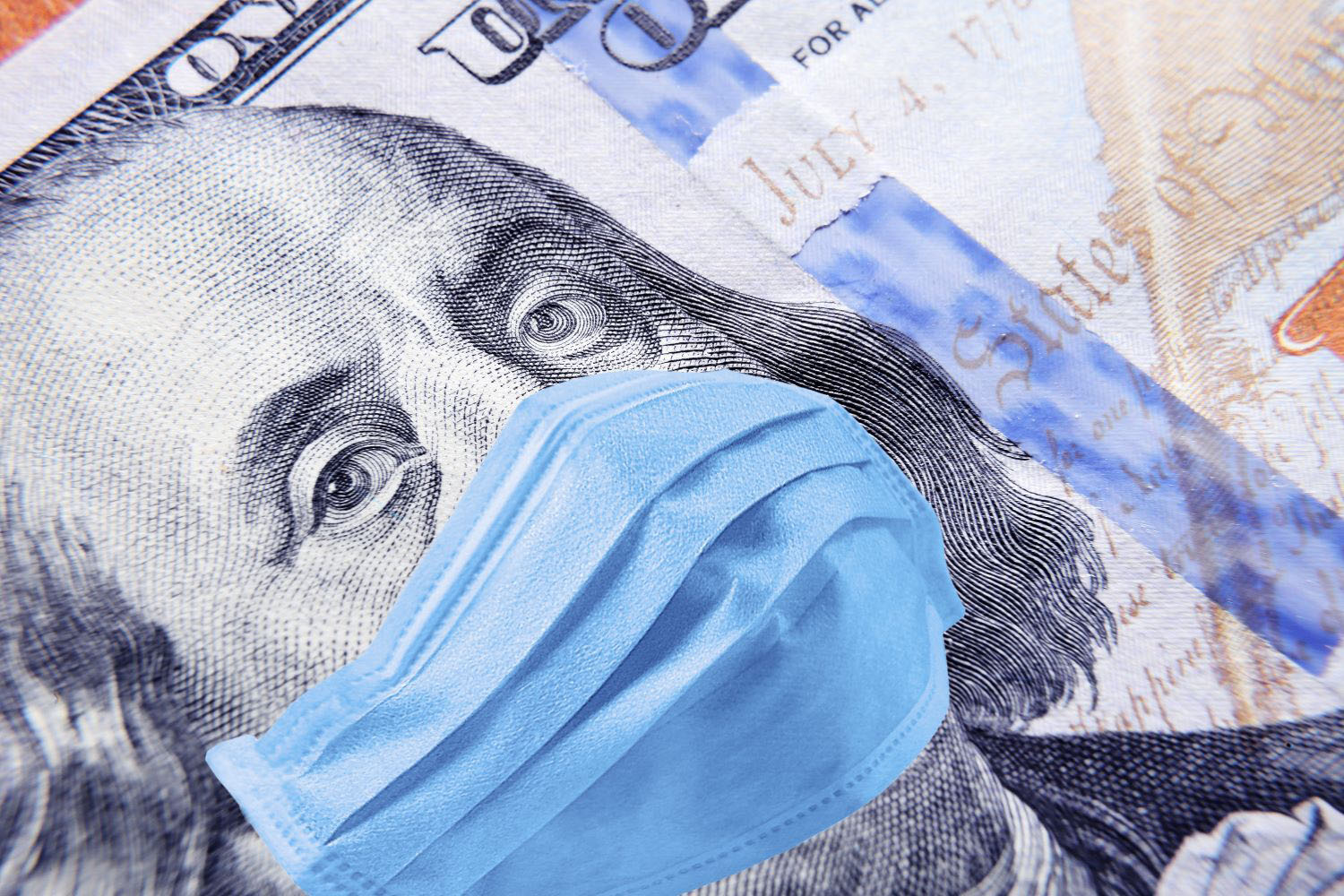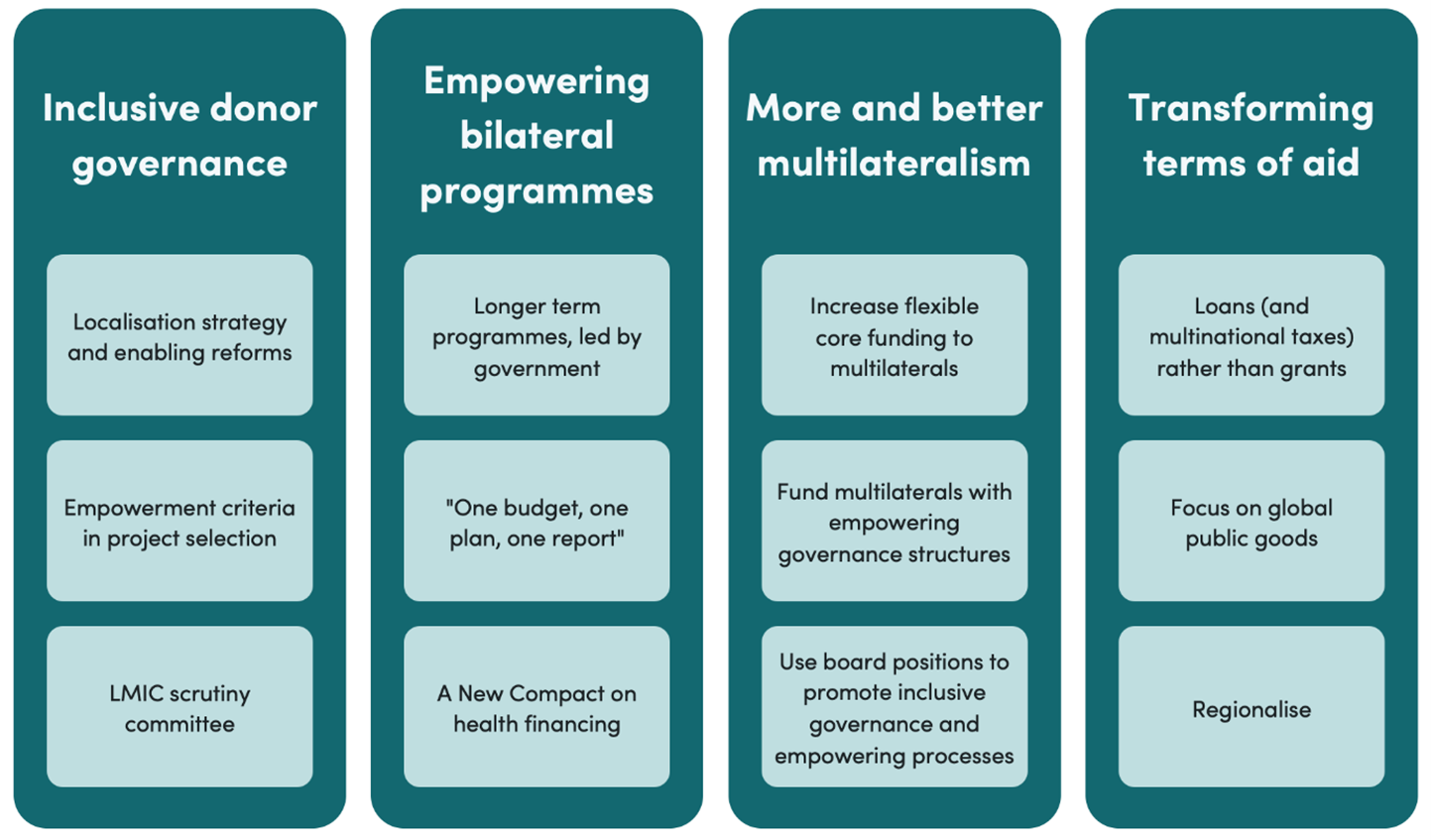The Republican presidential primary debate season starts this Thursday evening (August 6). Although the discussion won’t center on global development policy or even foreign policy, if the questions from the 2012 debates are any indication, we should expect quite a few questions on foreign policy. According to a recent report from the Winston Group, 20 percent of questions from the 2012 cycle were on foreign policy - the most popular topic, beside the economy. I’ll be watching and listening for one question from 2012 specifically on global development policy that I want to hear again. And this time, I want to hear better answers.
A middle-aged woman from Nevada asked Rick Perry, Mitt Romney, and Ron Paul in the Las Vegas debate:
Q: The American people are suffering in our country right now. Why do we continue to send foreign aid to other countries when we need all the help we can get for ourselves?
Their answers still make me cringe. Congressman Paul said, “To me, foreign aid is taking money from poor people in this country and giving it to rich people in poor countries.” Governor Perry said it was time to have a “real debate” about funding foreign aid and the United Nations. Read the full transcript here.
Governor Romney, the eventual Republican nominee, had a slightly more nuanced answer in which he acknowledged foreign aid’s role in promoting strategic foreign policy objectives. Then, he joined the rest and said, “It doesn't make a lot of sense for us to borrow money from the Chinese to go give to another country for humanitarian aid.” He went further, “We're spending more on foreign aid than we ought to be spending,” and followed with a list of Federal budget cuts he would have made. As someone who proudly worked for Governor Romney, I disagreed with his answer then and still disagree today. I’ll note that he was less skeptical of foreign aid in the general election.
Although the answers were embarrassingly bad, I want to hear this question again because it gives candidates an opportunity to show leadership and vision. On the surface, especially to many conservatives, foreign aid looks like a waste. However, a true leader looks beyond the surface, stands up to the skeptics, and makes the tough choices that promote long-term strategic American interests.
A: My suggested answer
Here’s what I would like to hear instead: “It’s easy for any candidate to say that he or she would cut foreign aid. But, it’s short-sighted to slash our assistance. Cutting it would save only 1 percent of the Federal budget. In exchange, we would lose a key tool that keeps Americans safe and prosperous - and maintains US global leadership. Our assistance combats the threat of extremism in the long-term, builds future markets for US businesses, and promotes our values abroad.
We Americans are inherently generous and charitable. But too often our generosity is tempered by a suspicion that our aid isn’t effective. Right now, we have over ten Federal agencies dispersing foreign aid - often with little coordination, transparency, or monitoring of results and impact. I will reform our foreign aid apparatus to ensure that all of it is transparent and evaluated. In addition, I will conduct a top-to-bottom review of USAID, the largest of the American foreign aid agencies, in order to hone its focus and ensure its effectiveness.
We must also recognize that foreign aid is only a small part of global development. We must harness our greatest strengths – technology, innovation, and commerce – and ensure they work in concert with our trade, immigration, health, and environmental policies to promote American interests. As president, I will not accept short-sighted cuts that hamper our nation’s ability to lead and shape the world that we want for our children and grandchildren.”
Admittedly, that answer is probably longer than the thirty seconds to a minute that the candidates will be allotted. But, it covers many of the key points that I want a future president to make. It understands that development, and foreign aid as an instrument, is a key component along with defense and diplomacy in American foreign policy. It stands up to the skeptics and shows a strategic vision for American global engagement.
As might not surprise you, this answer draws heavily from CGD’s new White House and the World: Practical Proposals on Global Development for the Next US President, which presents a series of low-cost, practical policy proposals to promote growth and reduce poverty abroad. Each of these presents an opportunity for the next president to position the United States as a global leader in development and security.
For candidates and their advisors preparing for this question, I recommend Nancy Birdsall and Ben Leo’s Introduction on why the next US president must engage with a cohesive global development agenda. This essay is followed by over a dozen policy briefs, two of which – a top-to-bottom review of USAID and a US Development Finance Corporation – I allude to in my suggested response.
Thursday evening when you tune into the debates, watch for this question and judge for yourself if any candidates are showing strategic vision and true leadership on global development. I would love to know your thoughts in the comments section below or via social media with the hashtag #WhiteHouseDev.
Disclosure: Robert Morello worked for Governor Mitt Romney’s presidential campaign in 2012 and later worked for the Republican National Committee. He is unaffiliated with any 2016 candidate.
Disclaimer
CGD blog posts reflect the views of the authors, drawing on prior research and experience in their areas of expertise. CGD is a nonpartisan, independent organization and does not take institutional positions.





